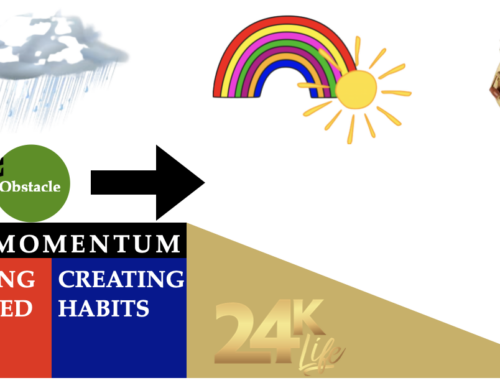I’m sure at some point, you have wondered what the difference is between a FICO vs Beacon Scores?
There are certain things that have a huge effect on obtaining the car you desire, the home of your dreams, the college of your choice. The business you wish to open that determines your fate is dependent on your credit. Have you heard of a Fico vs Beacon credit scores? It is one of the most important numbers in your life! Just in case you forgot, your credit score is the number that lenders and creditors use. They judge how likely you are to pay back debt. 30% is based on your past borrowing behavior
Collectively, creditors and lenders analyze these Fico vs Beacon credit scores to see what kind of quality of life you deserve. Your credit score is a very important number that should be taken seriously. It’s a measure of your financial responsibility. The higher your score, the more willing lenders and creditors will be to lend you money. The effects of credit scores can affect many things. The borrowing rate is higher the higher your score.
There are 3 different credit rating agency scores that have an effect on the quality of your future. They are:
- FICO Score- Used by Experian, ranges between 330 and 830
- Beacon Score- Used by Equifax, ranges between 300 and 850
- Empirica Score- Used by TransUnion, ranges between 150 and 934
The main differences between these credit scores are the algorithms (formulas) the credit agencies use to figure out a credit rating. These algorithms can be heavily dependent on what the credit agency deems as important, which can explain the difference in scores. For example, Credit agency A compared to credit agency B may deem Payment History more important than Outstanding Balances and because so, they weigh Payment History harder than Outstanding Balances compared to credit agency B, vice versa.
Credit scores are calculated by combining a number of pieces of information such as:
- Payment History: Late payments have the greatest negative impact on your score. Bankruptcies and tax liens also affect your score.
- Outstanding Balances: Owing a great deal of money on many accounts or “maxing out” on various credit cards can indicate that person is overextended, and is more likely to make some payments late or not at all.
- Length of Credit History: How long has your credit accounts been established in general, how long specific credit accounts have been established, and how long it has been since you used certain accounts.
- New Credit: Multiple requests for new credit accounts can negatively affect your credit score, especially when you get rejected by the lenders.
- Types of Credit: The score will consider your mix of credit cards, retail accounts, installment loans, finance company accounts and mortgage loans. Your score also looks at the total number of accounts you have.
To qualify for a good interest rate, lenders typically require a score of 650 or higher. A credit score of less than 500 is considered extremely poor. A 500 scorer most likely would not qualify for a loan.
All 3 credit scores mostly combine the same information. The two main factors affecting your credit score are debt history and the amount of available credit. Try to avoid request for credit and don’t max out your credit cards. To improve your credit rating, pay down debt and avoid excessive applications for additional debt.
Derick Gant
FREEDEMPTION by any means necessary





